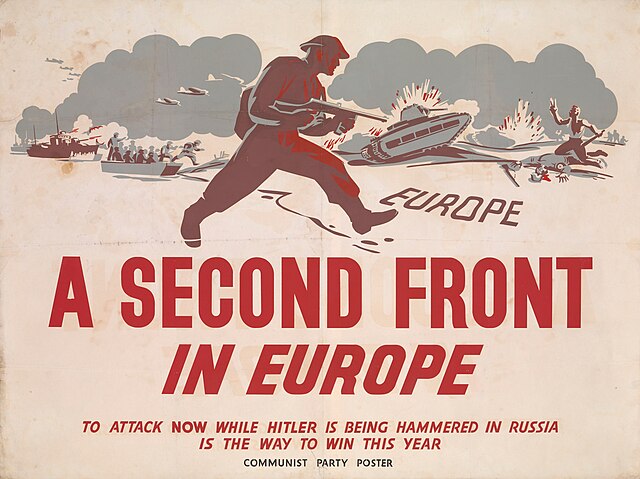Dorothy Kuya was a leading British communist and human rights activist from Liverpool, the co-founder of Teachers Against Racism, and the general secretary of the National Assembly of Women (NAW). She was a life-long member of the Communist Party of Great Britain (CPGB), and was most famous for being Liverpool's first community relations officer, and for leading a successful campaign to establish Liverpool's International Slavery Museum. During the mid-1980s, Kuya served as the chair of the London housing association Ujima, and built the organisation into the largest black-led social enterprise in Europe.
Dorothy Kuya
The entrance to Liverpool's International Slavery Museum, created partially as a result of Kuya's campaign activism
Communist Party of Great Britain
The Communist Party of Great Britain (CPGB) was the largest communist organisation in Britain and was founded in 1920 through a merger of several smaller Marxist groups. Many miners joined the CPGB in the 1926 general strike. In 1930, the CPGB founded the Daily Worker. In 1936, members of the party were present at the Battle of Cable Street, helping organise resistance against the British Union of Fascists. In the Spanish Civil War, the CPGB worked with the USSR to create the British Battalion of the International Brigades, which party activist Bill Alexander commanded.
The CPGB's General Secretary, Harry Pollitt, gives a speech to a large crowd outside the British Museum in support for the Aid to Russia Fund, 1941
CPGB poster supporting the British war effort against Nazi Germany during WWII
Harry Pollitt gives a speech to workers in Whitehall, London, 1941
William Alexander, representing to Politburo of the CPGB receives applause from the Presidium of the Fifth Congress of the Socialist Unity Party of Germany, East Berlin, 16 July 1958.






